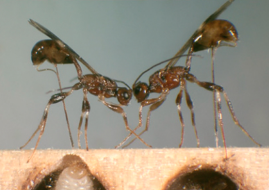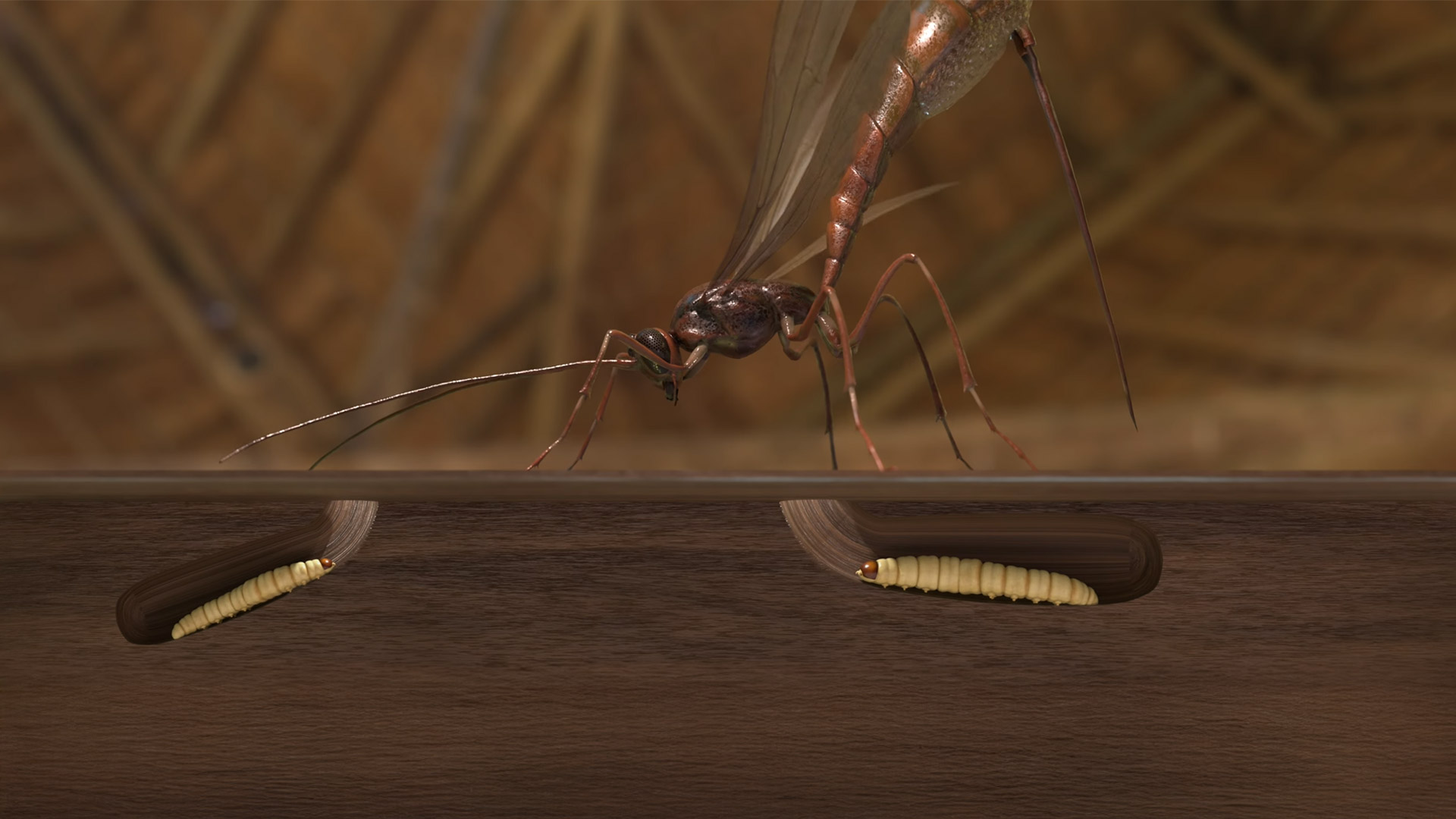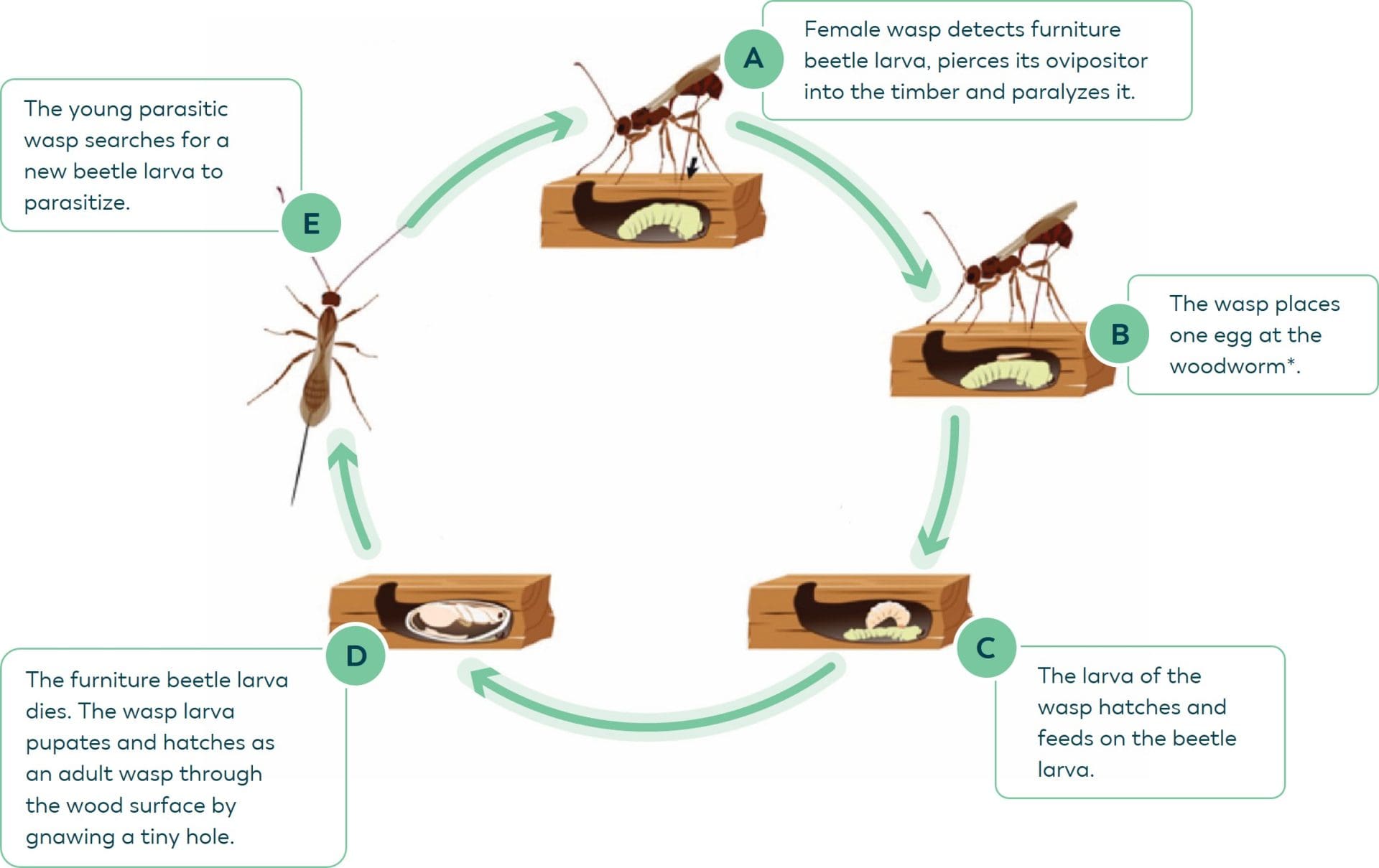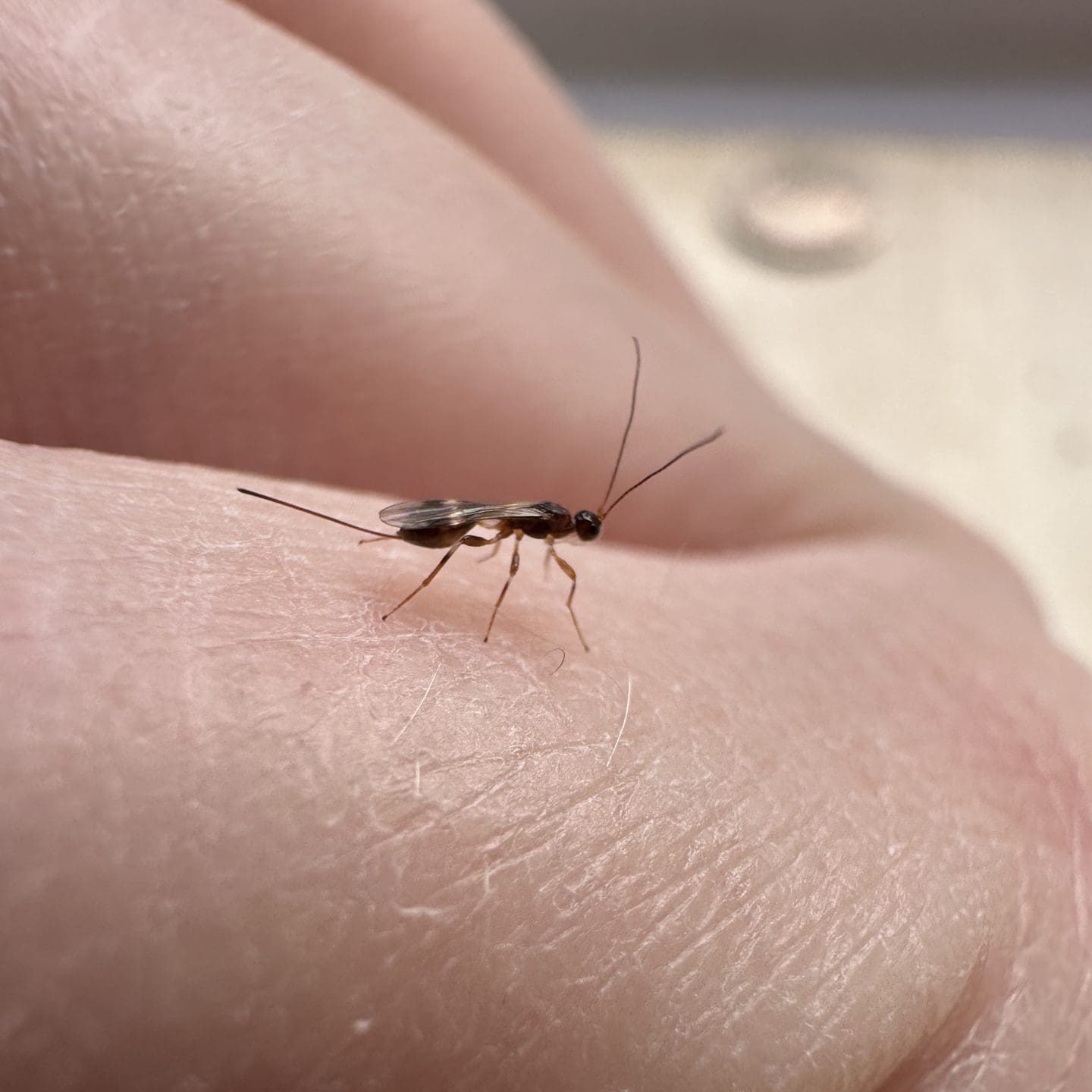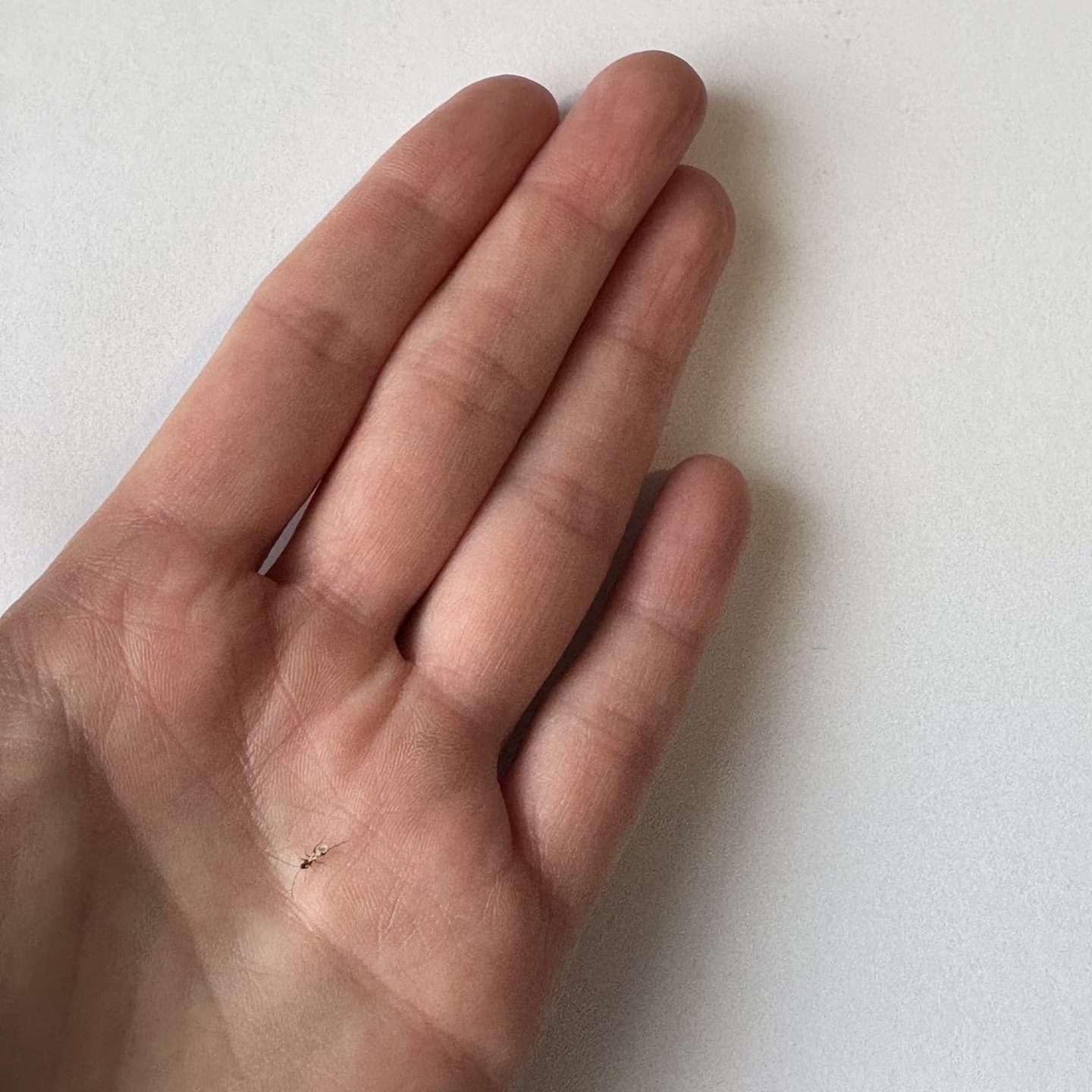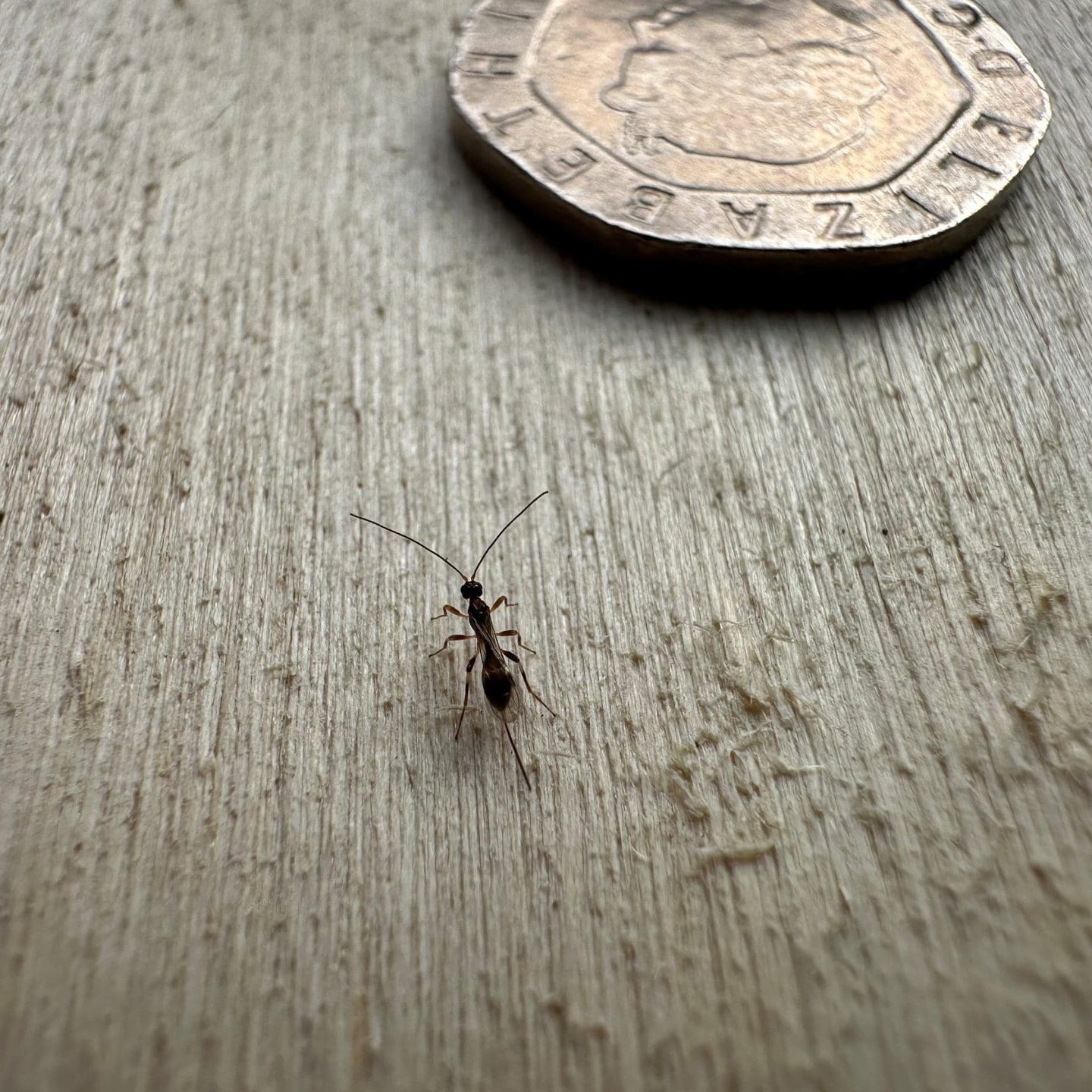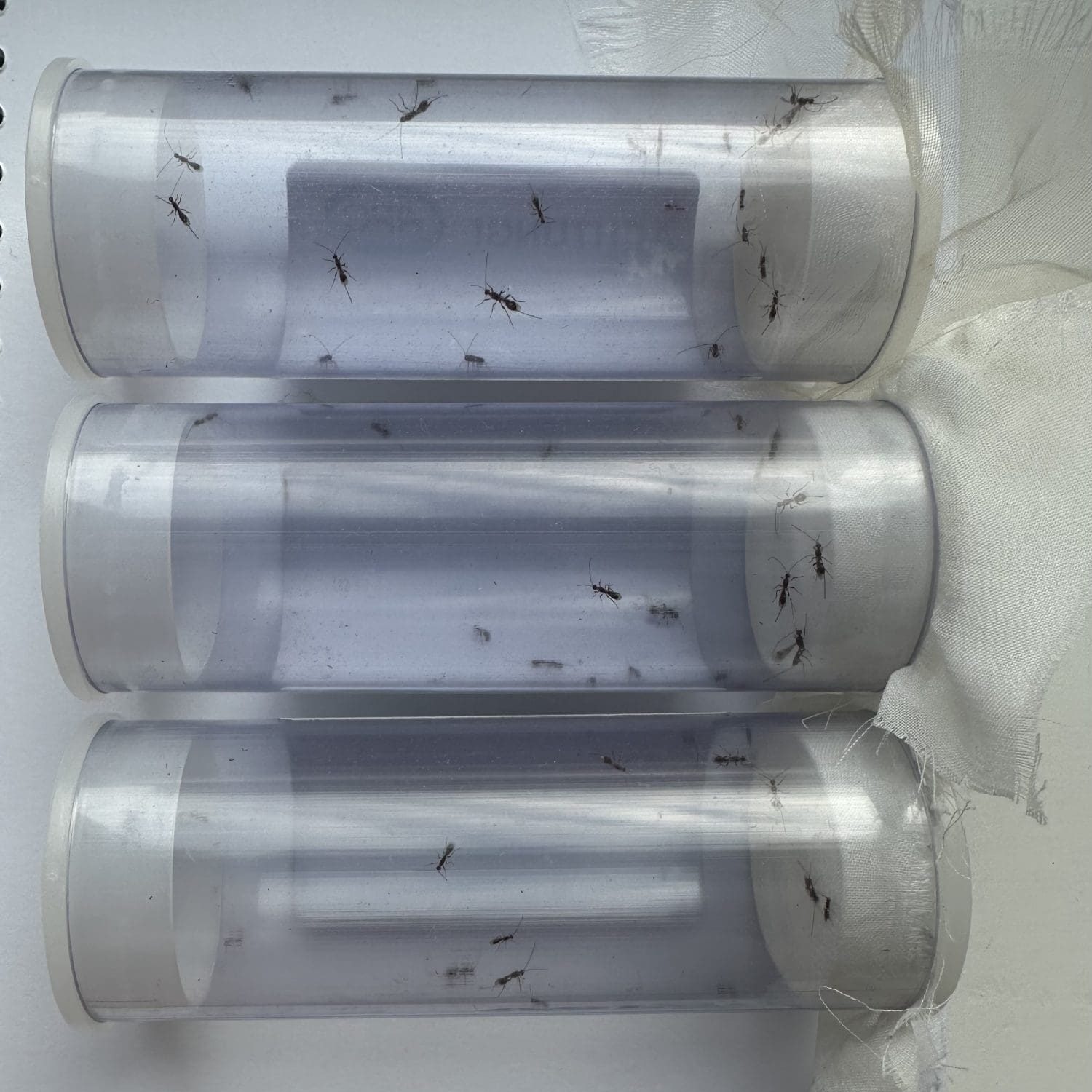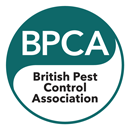Parasitic wasps (Spathius exarator), specifically from the Braconidae family, are natural predators of the larvae of wood-boring beetles.
These natural warriors are already indigenous in the UK have evolved to locate and parasitize the larvae of the common furniture beetle, providing a targeted and sustainable method of pest control.

